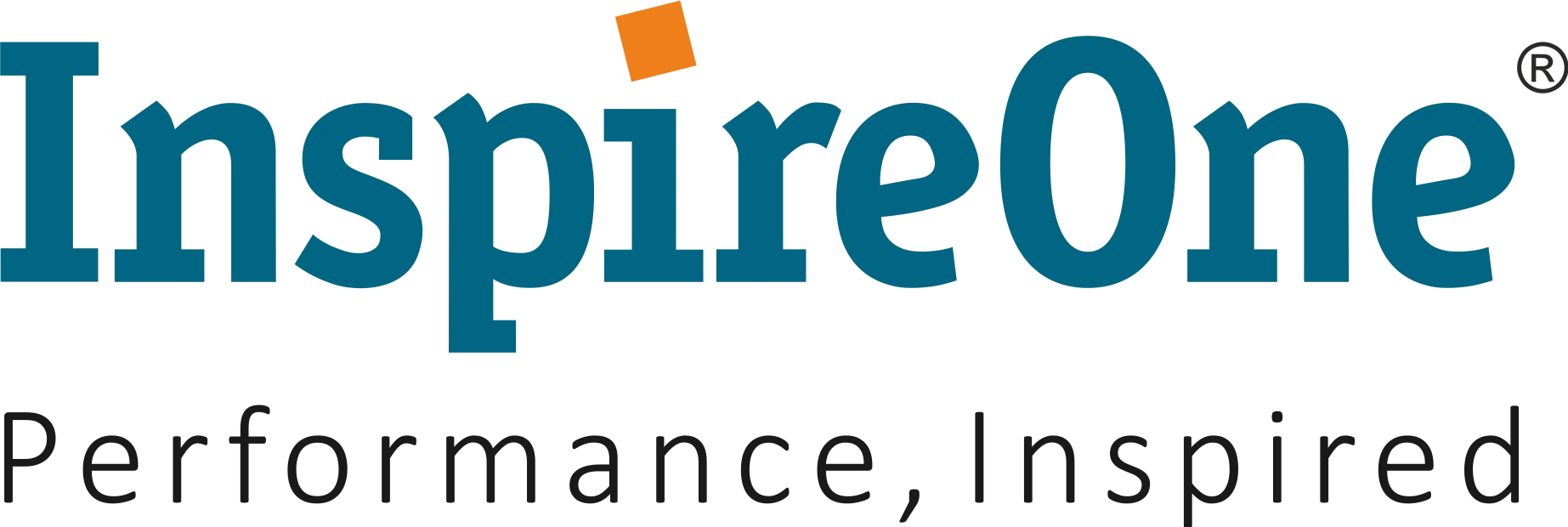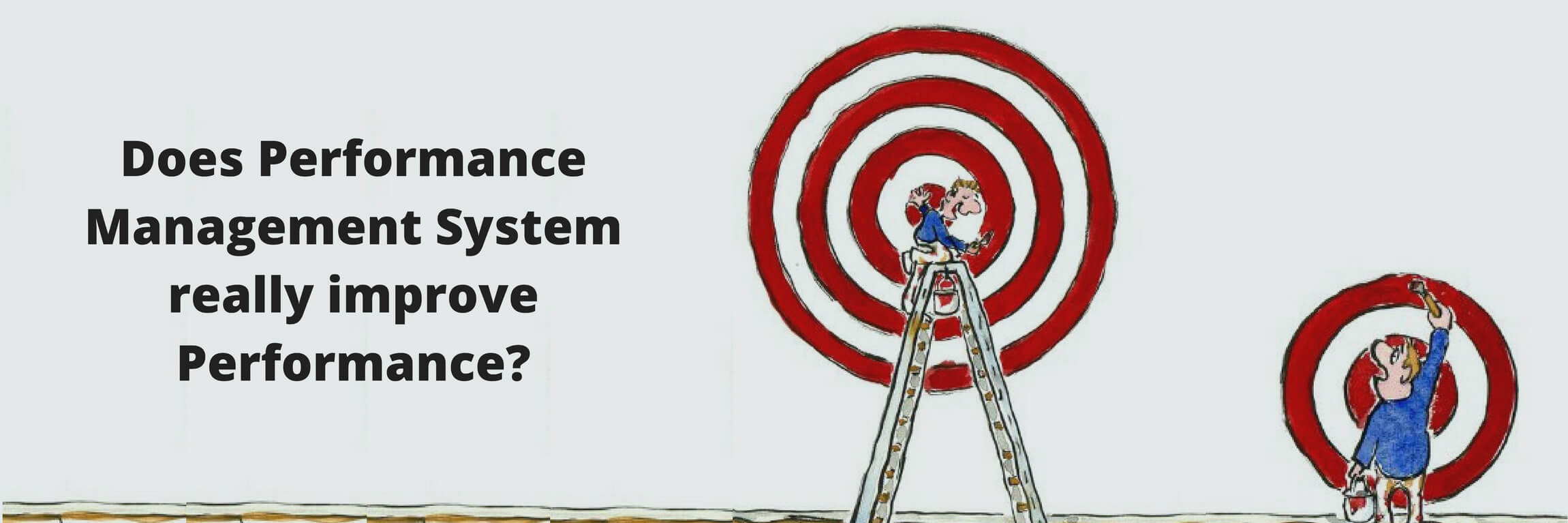Most Performance Management practices turn out to damage the performance they are intended to improve. In the context of neuroscience research, this is based on a fundamentally flawed understanding of human responses, as revealed in recurring patterns of mental activity.
Failings of Traditional Performance Management system
Labeling people with any form of numerical rating automatically generates an overwhelming “fight or flight” response that impairs good judgment, and leads to disengagement. The employee then ignores the feedback, the push back against stretch goals and rejects the example of positive role models. In contrast to ‘the growth mind-set’ model which holds that people learn, grow, and improve all their lives most organizations promote the fixed mind-set of human growth and learning which is reinforced by Performance Management systems.
Performance Management in the Dynamic Environment
In the context of rapid change; where organizations become obsolete in no time; the pressure on the organizations is to re-innovate and re-invent to survive. To cope with the external demand, organizations are focusing on creating internal flexibility; and strengthening agility of its internal processes.
To breed innovation, organizations are shifting from hierarchical to more networked cross functional work groups; where the individual is working on multiple projects within different teams. Millennials entering the workforce has further created complex structures with multi-generational workforce. More than ever before, the organizations are facing a greater need to align individual goals with organization goals. With periodical goal and role changes, insufficient performance data availability to allow managers to compare them with each other and most importantly difficulty in identifying employee’s career development plans are few major challenges that arise within organizations.
Organizations have felt challenged with the inability of current performance management process to support the business objective. The Performance Management System has repeatedly failed to inspire performance with multiple causes like single year- end performance review, end of year rating, one time performance conversation and being goal-centric versus development focused. All this has been evident through low engagement scores which has pushed the HR strategist to re-design the Performance Management System based upon the need of the customer (employees).
Dynamic Performance Management System for Dynamic Environment
What is the new and dynamic performance management system? Compared to the traditional evaluation in which employees usually receive performance feedback about how well they did against their goals and peers, employees in the new system receive feedback beyond work performance. They also receive feedback about their expertise levels and potential for growth. That is, the feedback employees receive in the new system provides more insight into their strengths and opportunities for advancement.
Employees are assessed on both work performance and new dimensions of expertise and potential and are rated individually without comparison to other following an ‘absolute’ approach vs. ‘relative’ approach. In traditional relative rating, managers usually compared employee performance against others and sort all employees into pre-determined performance categories. In contrast, the new evaluation is based on an independent assessment of each employee’s performance.
In the new performance management system, there are frequent conversations with the line manager where 360 review feedback from multiple stakeholders including peer, team leaders, juniors is taken. The new performance management system complements the new dynamic and innovation cultures within the organisation which inspires performance to achieve business results.
Improving Performance through New Performance Management System
The success of the new Performance Management system depends upon its successful execution. The inability of line managers to hold great performance conversations coupled with lack of feedback, coaching behaviors and continuous communication in real time will need to be addressed for a seamless execution of the new performance management systems.A 2013 survey by the Society for Human Resource Management asked HR professionals about the quality of their own Performance Management systems; and only 23 percent said their company was above average in the way it conducted them.
Currently the owner of Performance Management within the organization is Human Resource. However, the new process needs to be led and owned by business to drive performance while Human Resource acting as a support instead of the owner. The success of the new Performance Management System lies in the ownership along with skills of the line managers to drive quality performance conversation. In the new system, managers are urged to use their judgment about a conversation frequency that best supports employee performance. Managers are required to display everyday leadership; ongoing conversations around goals to be achieved, review of past, feedback and coaching centered on development.
The conversations should allow employees to feel autonomy, mastery, and purpose. Due recognition of the work and alignment with employee career aspiration are other important element that conversations need to address. To build structure and objectivity in the performance conversations; many organizations are collecting real time data, making the check-in conversations more accurate than annual reviews.
To drive the new Performance Management System with success; organizations need to prepare their line managers with essential skills of conversations, feedback, coaching and more. Here is where InspireOne through its solutions support the organizations in the entire change initiative through well-developed global processes. InspireOne supports organizations with different interventions at different stages which considers the support around change process, performance and development to successfully implement the new Performance Management System and inspire Business Performance.







